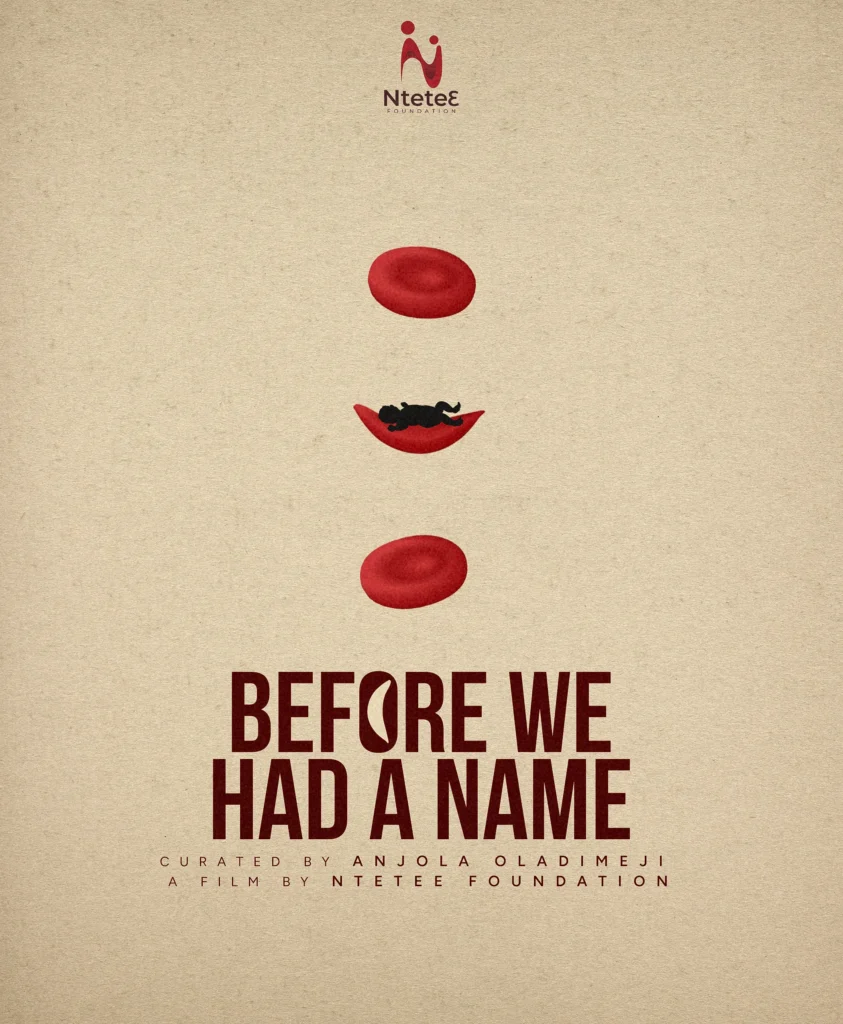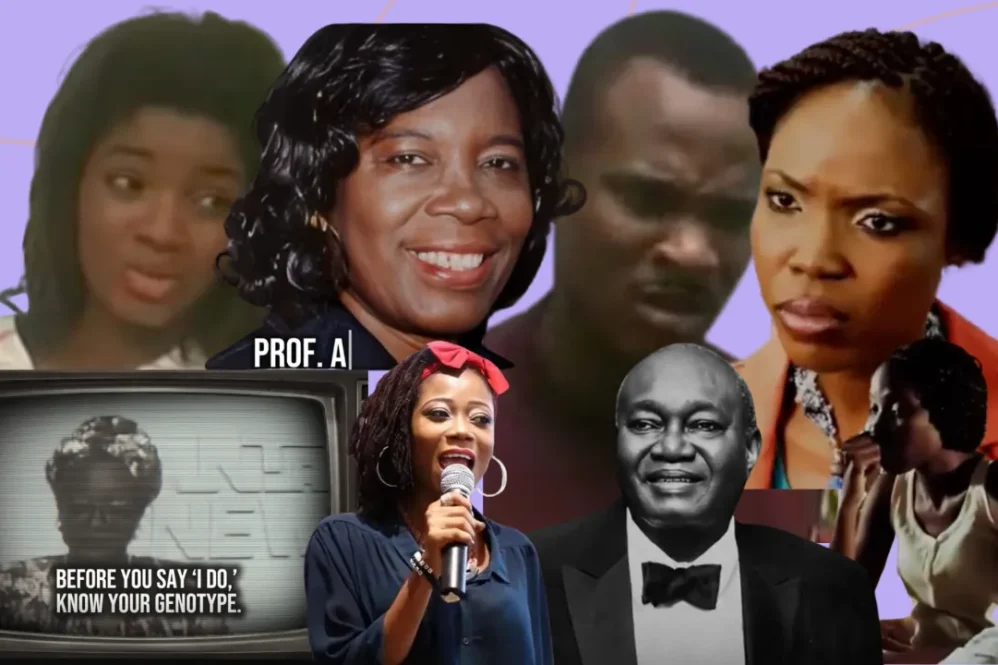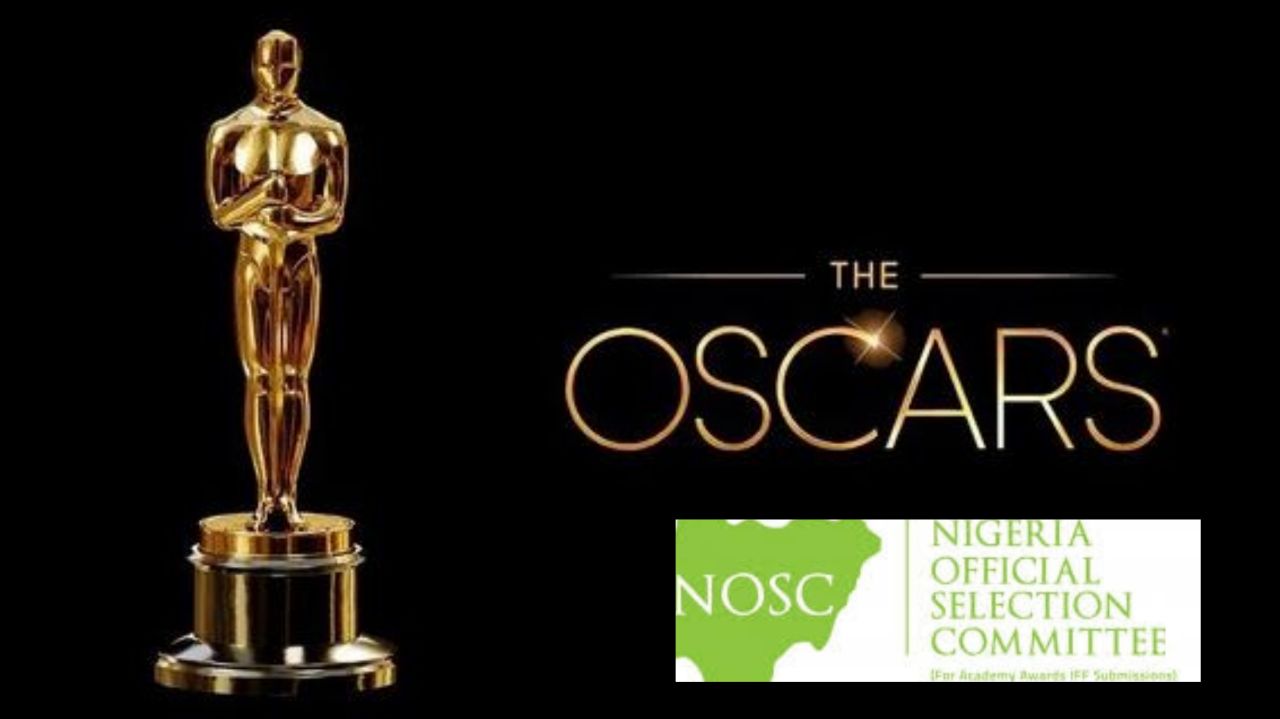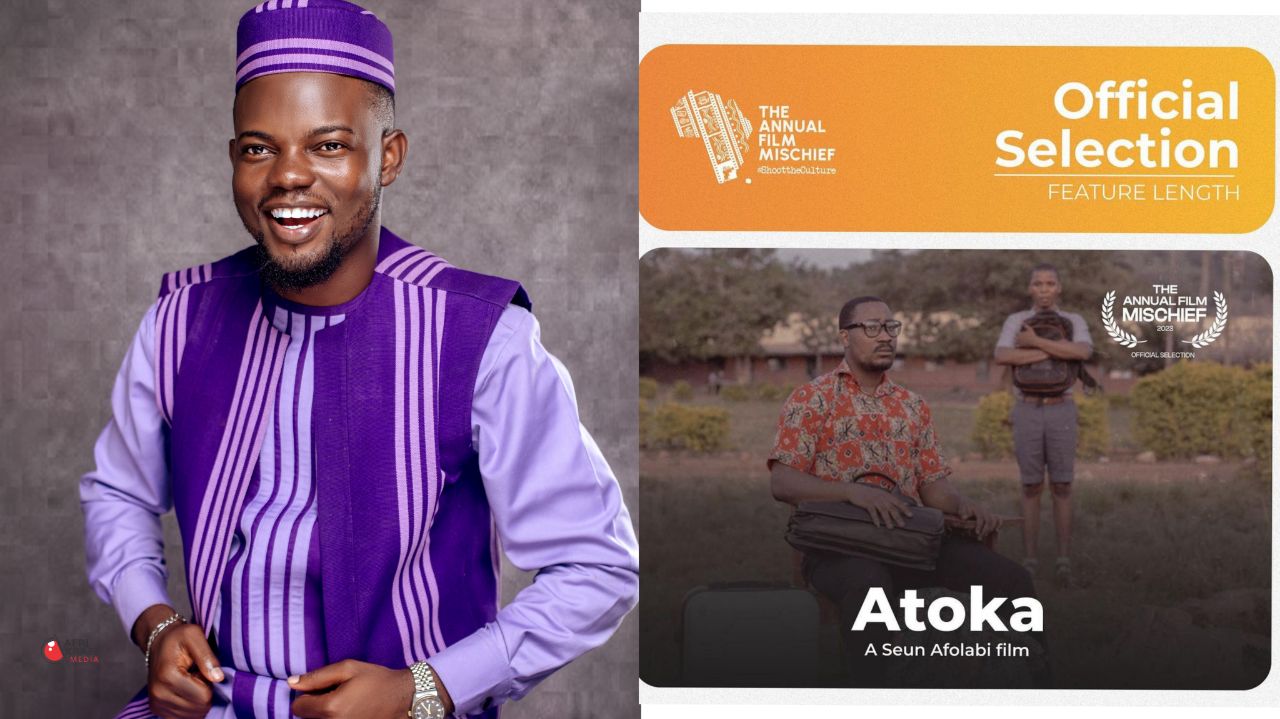When Anjola Oladimeji set out to make her first documentary, she searched for existing films on sickle cell. She found the same handful of titles she had rewatched countless times. Beyond a first-time watch for Mortal Inheritance, and the familiar Dazzling Mirage and a scattering of Nollywood efforts, there is not enough on the subject, and what does exist often falls short. “The way crises are portrayed is mostly inaccurate, and too often warriors are shown as frail, with their entire lives revolving around it,” Oladimeji says. “That’s not the reality I know, and it was important to challenge that.”
(Click to Follow the What Kept Me Up channel on WhatsApp)

It is a criticism she is uniquely positioned to make. As the founder of Ntetee Foundation, Oladimeji has spent almost five years building grassroots awareness drives, delivering annual Sickle Santa medicine packages, and creating campaigns that spotlight warriors as more than their condition. She has done much of this work largely on her own, while balancing the demands of a 9–5 corporate role and other personal commitments. The new documentary, Before We Had a Name, marks a step into something bigger, her first long-form attempt to weave history, culture, and advocacy into a narrative that can be a nuanced addition to our canon of sickle cell media.
“What really inspired me,” she says, “was going into low-income communities and meeting mothers who had never heard of genotype testing until after their child was born with sickle cell. They were simply unaware, because nobody had told them.” The gulf between lived reality and media representation became glaring. For Oladimeji, the next step was clear — to reach the same people who have been ill-informed or left behind by the mass media, and to do so with a story that acknowledges Nigeria’s own cultural memory of the disease. She realised that video platforms, unlike Twitter, was where grassroots netizens could actually be reached with such documentary.
The challenge, however, was research. “Finding credible, verifiable data was the most difficult part. We don’t record anything in this country,” Oladimeji says.
Her tenacity would come into play here, digging through both known and unheralded memories on sickle cell. That memory stretches back to the myths of abiku and ogbanje, spirit children who returned repeatedly to “torment” families, and forward into the country’s earliest medical records. Before We Had a Name traces this evolution, weaving archival clippings, interviews, poetry, and visuals into a mosaic of resilience and identity. From NTA jingles and Mortal Inheritance (starring Omotola Jalade-Ekeinde, among the first Nigerian features to depict a warrior’s life on screen) to Tosyn Bucknor’s These Genes Project, the documentary tries to reframe sickle cell not as an isolated medical condition but as part of a longer history where more can still be uncovered.
In building this history, Oladimeji spent weeks combing through archives (with the help of ArchivNG’s online tool), searching decades of newspapers with keywords like “abiku” and “sickle cell,” watching Mortal Inheritance, and even revisiting critical essays on the film. What surprised her most was discovering that as far back as the 1970s, Nigerians were already debating the link between abiku and sickle cell in national dailies. “If those conversations were happening then, why are we still arguing about this in 2025?” she asks.
The documentary also honours pioneers and advocates who shifted the conversation at different points in time. Figures like Dr. Akinyanju and Prof. Falusi stand alongside pop culture milestones and advocacy voices such as Tosyn Bucknor, whose activism made genotype awareness a mainstream discussion. Contemporary organisations like SAMI and the Adekunle Gold Foundation also appear, alongside grassroots foundations and young warriors who now reclaim their narrative through social media and art.
Running around twelve minutes, the film is closer to a gallery exhibition on screen than a conventional medical documentary. As Oladimeji explains, “My advocacy is art-driven. Any form of art, that’s what I use, because art is what I like. It’s something I relate to, and it’s something I feel like young people in our generation relate to.”
Before We Had a Name is scheduled for release at the close of Sickle Cell Awareness Month in September, a deliberate choice to close the calendar on a strong note. It is one chapter in Ntetee Foundation’s wider work, which is expected to continue with new children’s books aimed at embedding genotype literacy in primary and secondary schools.
But for Oladimeji, the hope is simple: that viewers walk away with a changed perspective. “At the end of the day, these are people who didn’t choose this journey,” she says. “If one thing comes out of the documentary, I want it to be empathy. To see sickle cell as part of our shared story, not just someone else’s burden.”
Before We Had a Name will be available on the YouTube channel of Ntetee Foundation.
Become a patron: To support our in-depth and critical coverage—become a Patron today!
Join the conversation: Share your thoughts in the comments section or on our social media accounts.





